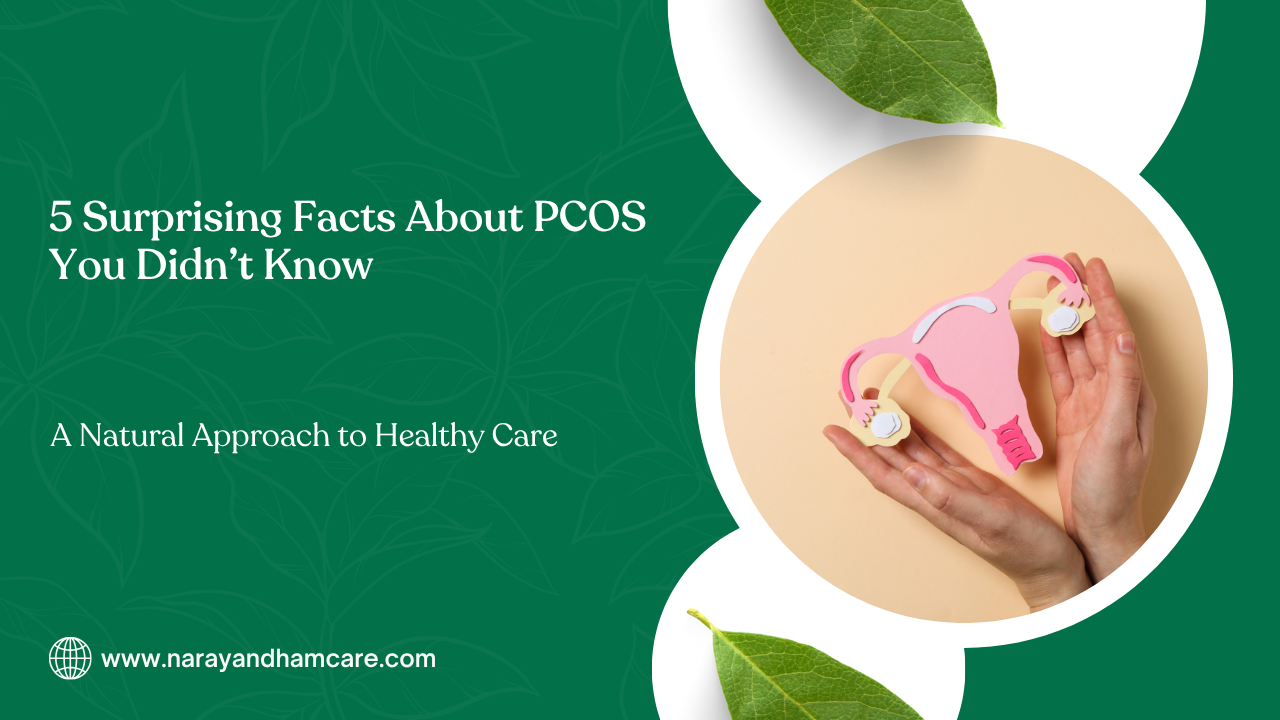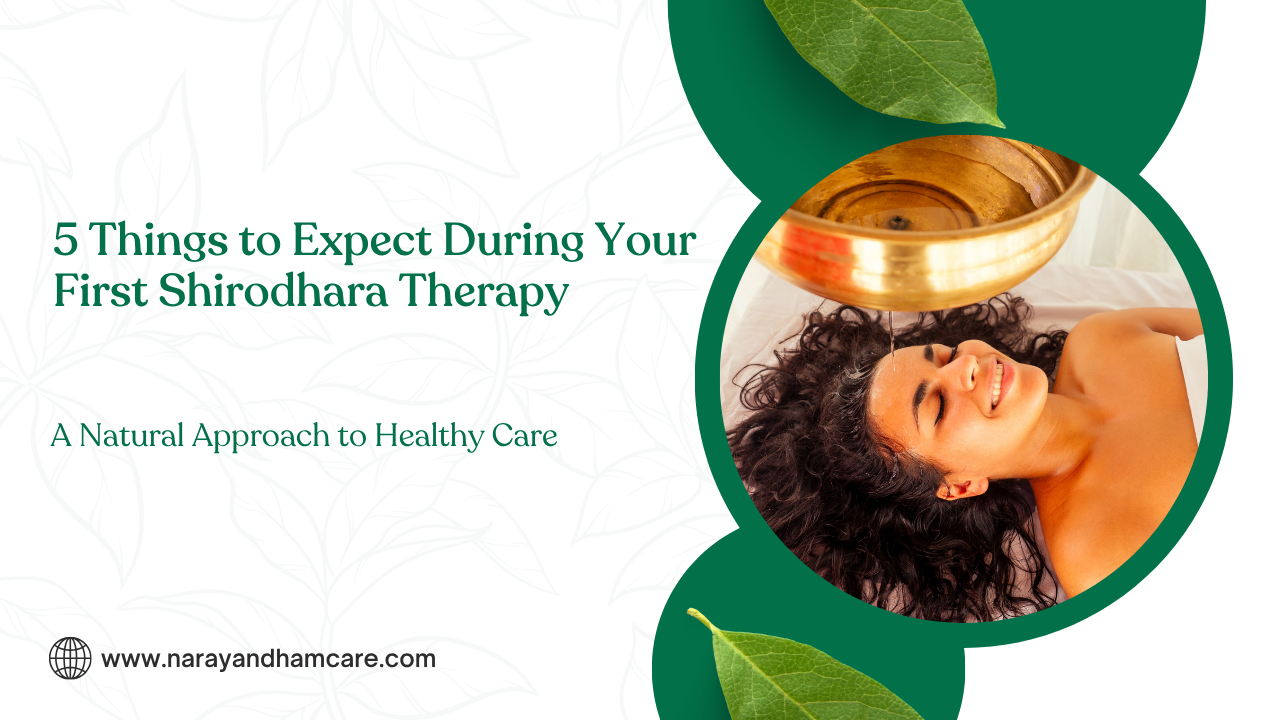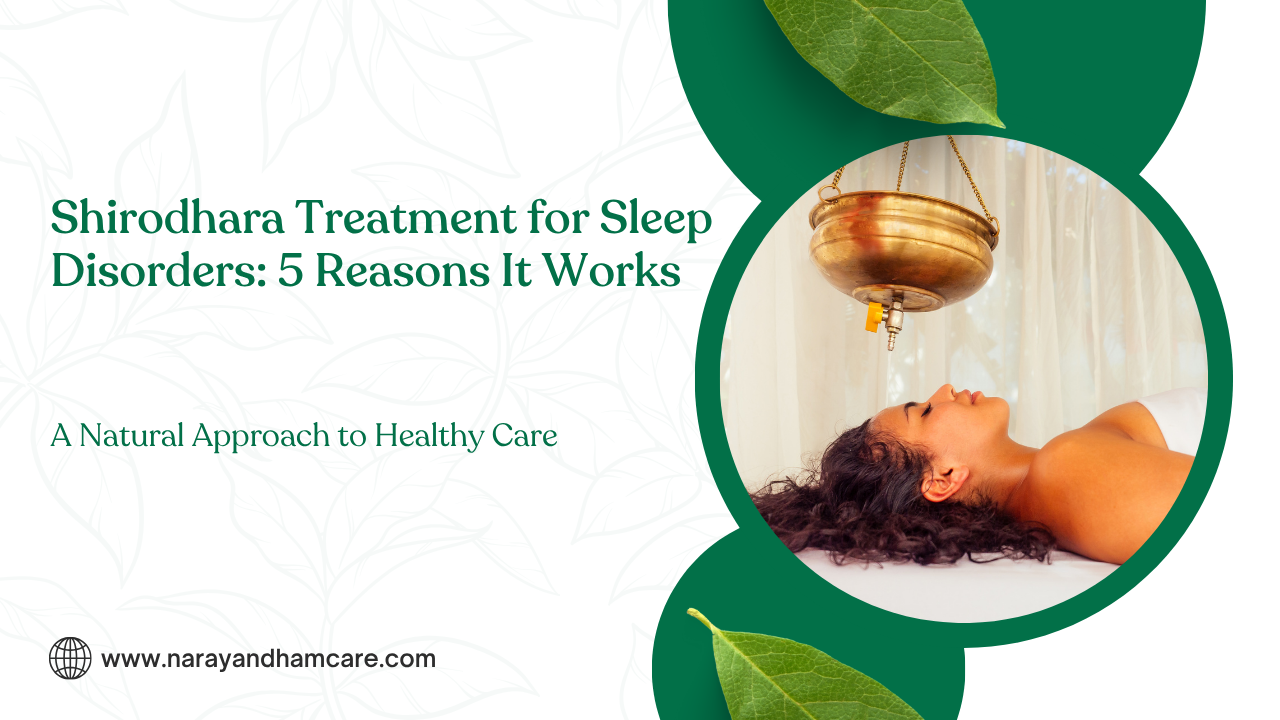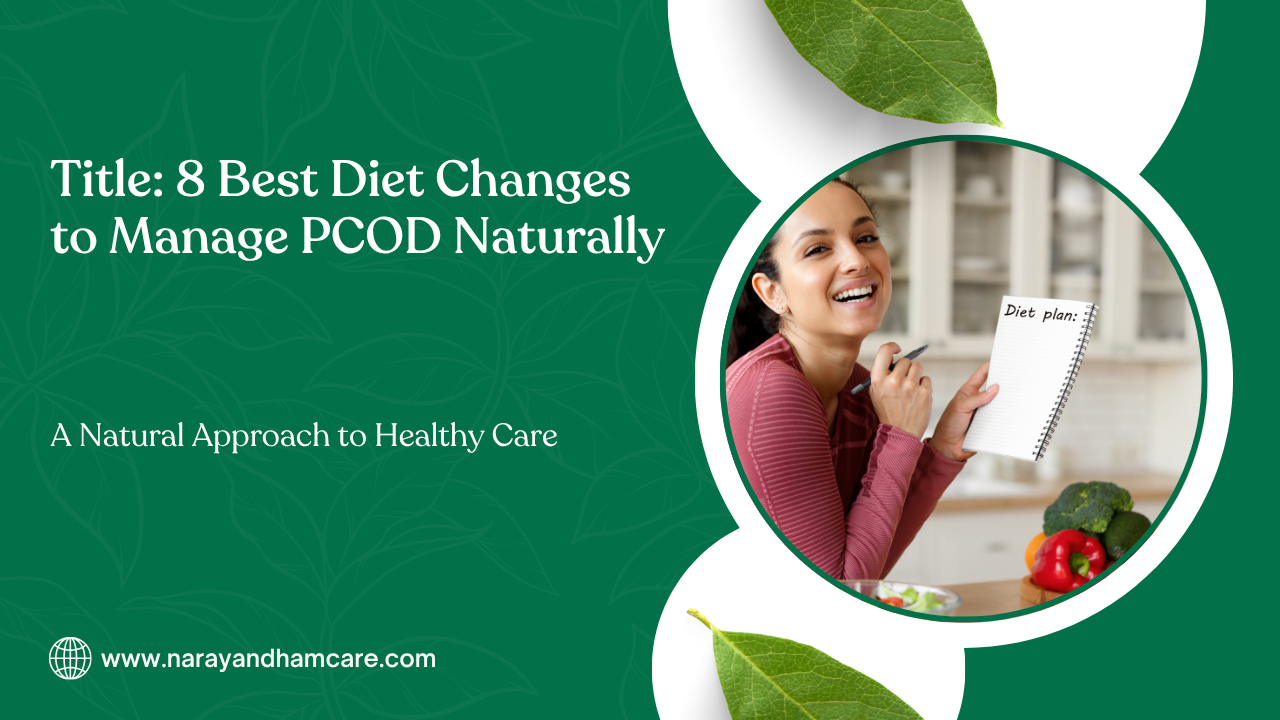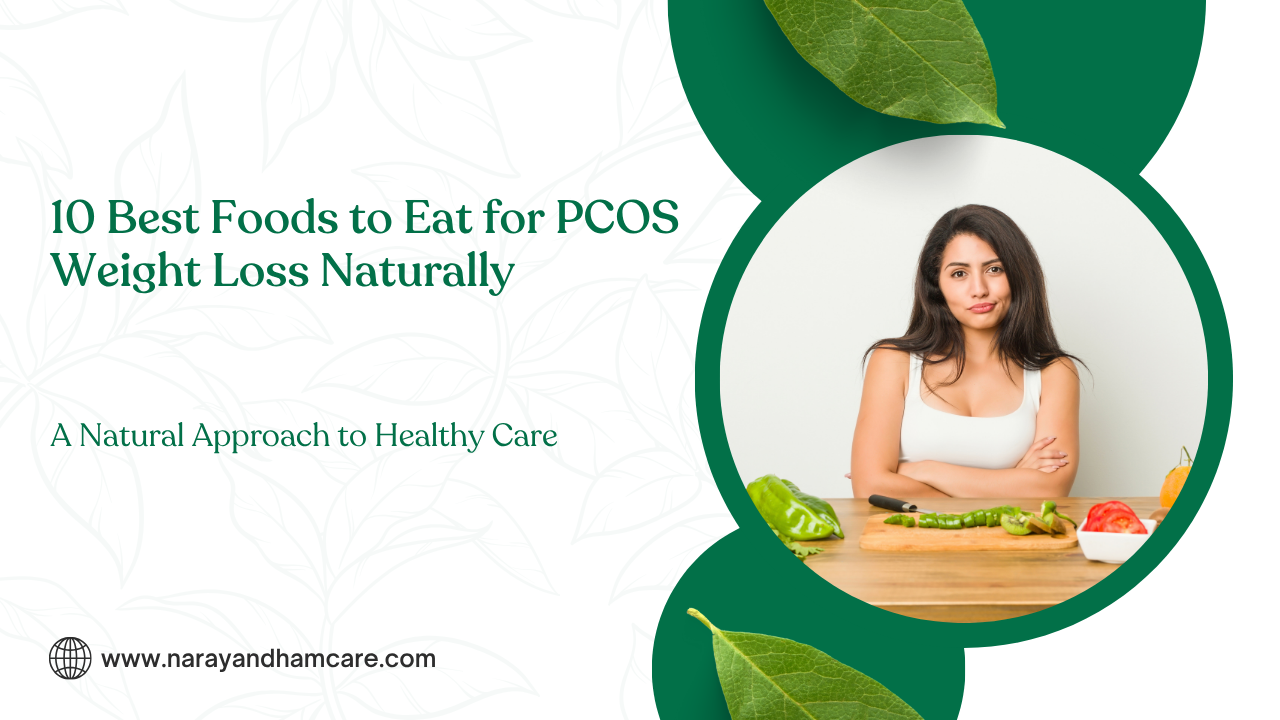PCOS Introduction
(Polycystic Ovary Syndrome) is a common hormonal disorder that affects millions of women worldwide. Despite being so widespread, many people still don’t fully understand it. affects much more than just your periods. It can cause acne, weight gain, fertility issues, mood swings, and even long-term health problems like diabetes.
There’s a lot of misinformation and myths around . In this blog, we’ll explore 5 surprising facts that you probably didn’t know. These facts can help you understand your body better and take smarter steps toward healing.
Problem
often misunderstood. Many women don’t realize they have it until they try to get pregnant or start experiencing serious health problems. It can affect:
- Teenage girls
- Young adults
- Women in their 30s and 40s
The main problem is late diagnosis and wrong treatment. Women often take birth control pills or ignore the symptoms. But that doesn’t solve the root cause.
PCOS is not just a reproductive issue — it’s a whole-body condition. It affects metabolism, mood, skin, weight, and more.
Symptoms
symptoms are different for every woman. Some may have all of them; others may show just a few.
Here are the most common signs:
- Irregular periods or no periods at all
- Excess hair on the face, chin, or body (hirsutism)
- Acne, oily skin, or dark patches
- Weight gain, especially around the belly
- Hair thinning or scalp hair loss
- Difficulty getting pregnant
- Mood swings, depression, or anxiety
- Fatigue or low energy
If you notice 3 or more of these symptoms, it’s a good idea to get tested .
5 Surprising Facts About PCOS You Didn’t Know
Let’s explore the lesser-known facts about that can help you understand it better and manage it naturally.
Fact 1: You Don’t Need to Have Cysts to Have PCOS
The name “Polycystic Ovary Syndrome” makes it sound like you must have ovarian cysts, but that’s not true.
- Many women with do not have any cysts
- about hormonal imbalance, not just cysts
- The term is misleading — it’s more about irregular ovulation and high androgen levels
Tip: Don’t wait for a scan to show cysts. If you have symptoms, consult a doctor.
Fact 2: PCOS Can Be Reversed With Lifestyle Changes
Many women believe a lifelong problem. While it has no permanent cure, it can be reversed naturally with healthy habits.
- Weight loss (even 5–10%) improves symptoms
- Diet, exercise, and stress control make a big difference
- Ayurvedic and naturopathic treatments are effective for long-term healing
Tip: Focus on daily habits, not just medicines. Natural healing takes time but gives better results.
Fact 3: PCOS Affects Mental Health
not just a physical issue. It also impacts your emotional and mental well-being.
- Hormonal imbalance affects mood chemicals
- Many women experience anxiety, depression, and low self-esteem
- Body image issues due to acne or weight gain can also affect confidence
Tip: Don’t ignore your emotions. Talk to a counselor or therapist if needed. Yoga and meditation also help.
Fact 4: You Can Have PCOS Even If You’re Thin
PCOS is often linked with obesity, but slim women can also have PCOS.
- Lean may be harder to detect
- These women may still have irregular periods, acne, or fertility problems
- The internal hormonal imbalance is the same
Tip: Even if you look healthy, don’t ignore your symptoms.
Fact 5: PCOS Can Affect Your Long-Term Health
not just a temporary hormonal issue. If left untreated, it can cause:
- Type 2 diabetes
- High blood pressure
- Heart disease
- Endometrial cancer
- Sleep apnea
- Fertility problems
Tip: Early diagnosis and regular checkups can prevent these complications.
Solution: Natural Ways to Manage
You don’t have to rely only on medicines. can be managed naturally with the right lifestyle changes.
1. Follow a PCOS-Friendly Diet
- Eat more fiber: fruits, vegetables, whole grains
- Include healthy fats: nuts, seeds, avocado, coconut
- Avoid: sugar, white flour, soft drinks, junk food
- Use herbs like cinnamon, fenugreek, turmeric, and spearmint
2. Exercise Regularly
- Do yoga, walking, or light cardio for 30 minutes a day
- Try yoga poses like Malasana, Setu Bandhasana, and Bhujangasana
- Exercise helps with weight, hormones, and mood
3. Try Ayurvedic Remedies
- Herbs like Ashwagandha, Shatavari, Lodhra, and Triphala balance hormones
- Panchakarma therapies like Basti and Abhyanga help detox the body
- Always take guidance from an Ayurvedic expert
4. Manage Stress Naturally
- Practice breathing exercises and meditation
- Sleep on time and rest well
- Do hobbies, spend time in nature, avoid overthinking
5. Track Your Cycle and Symptoms
- Use apps or a notebook to monitor your periods
- Note any changes in skin, mood, or energy
- This helps your doctor or therapist give you the best treatment
Frequently Asked Questions (FAQ)
Q1: Can I get pregnant if I have PCOS?
A: Yes! Many women get pregnant naturally or with minimal support. A healthy lifestyle improves fertility.
Q2: How is PCOS diagnosed?
A: Through symptoms, blood tests (like hormone levels), and an ultrasound. Your doctor may use all 3.
Q3: Is PCOS and PCOD the same thing?
A: (Polycystic Ovarian Disease) is a milder condition, while is more serious and affects the whole body. But both are related.
Q4: Can birth control pills cure PCOS?
A: No. Pills only manage symptoms like irregular periods. They don’t fix the root cause.
Q5: Is it safe to use natural remedies for PCOS?
A: Yes, but only under expert guidance. Herbs and Ayurvedic therapies are powerful but need proper use.
Conclusion
PCOS is a real and growing concern, but it doesn’t have to control your life. Now that you know these 5 surprising facts, you can take better care of your body, mind, and future.
Don’t wait for symptoms to get worse.
Don’t follow myths or copy others.
Start your healing journey today — naturally and gently.
If this blog helped you, please share it with friends and family.
Got questions or want to share your story? Drop a comment — we’re here for you!

